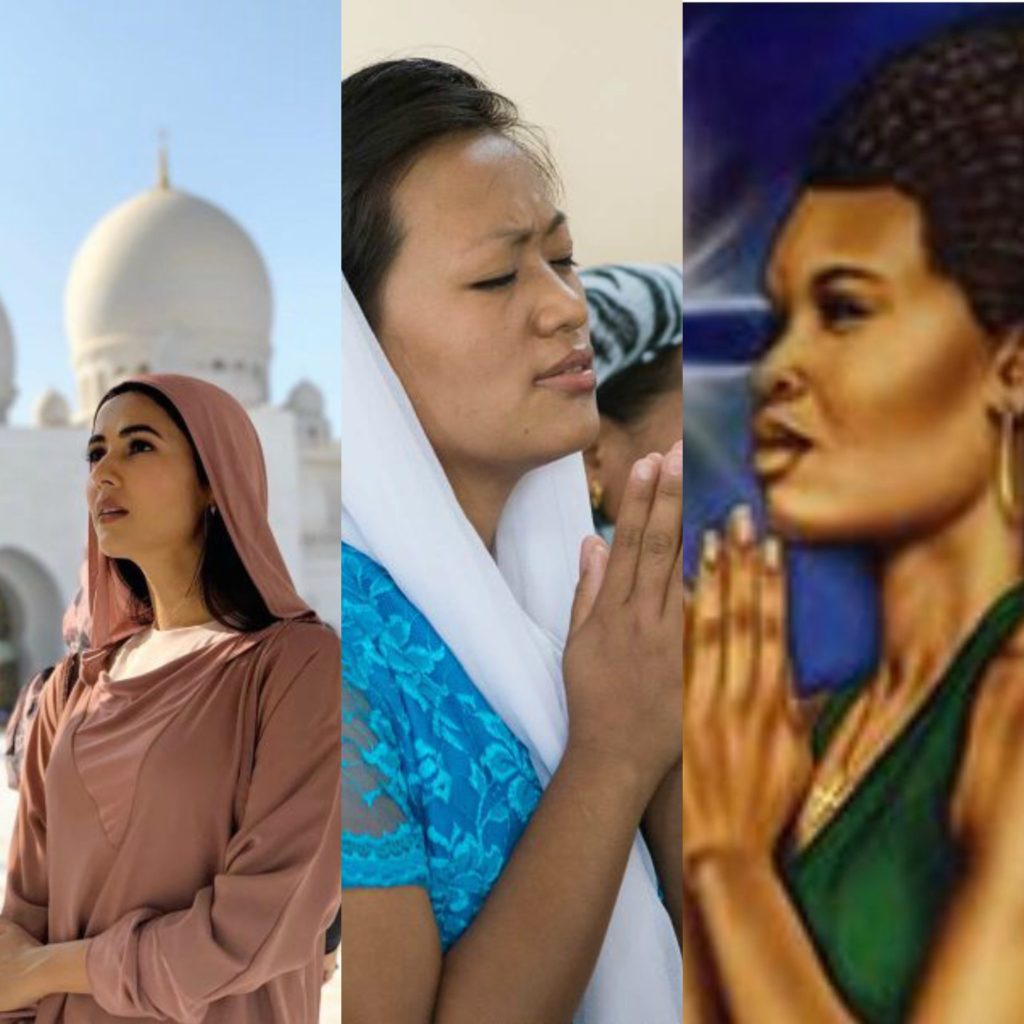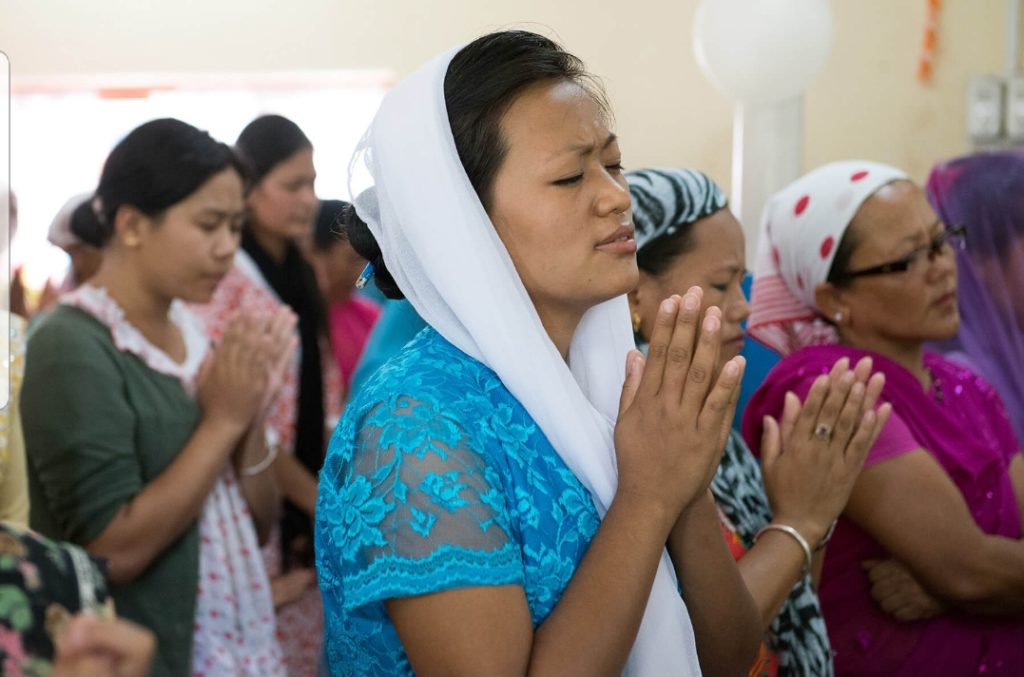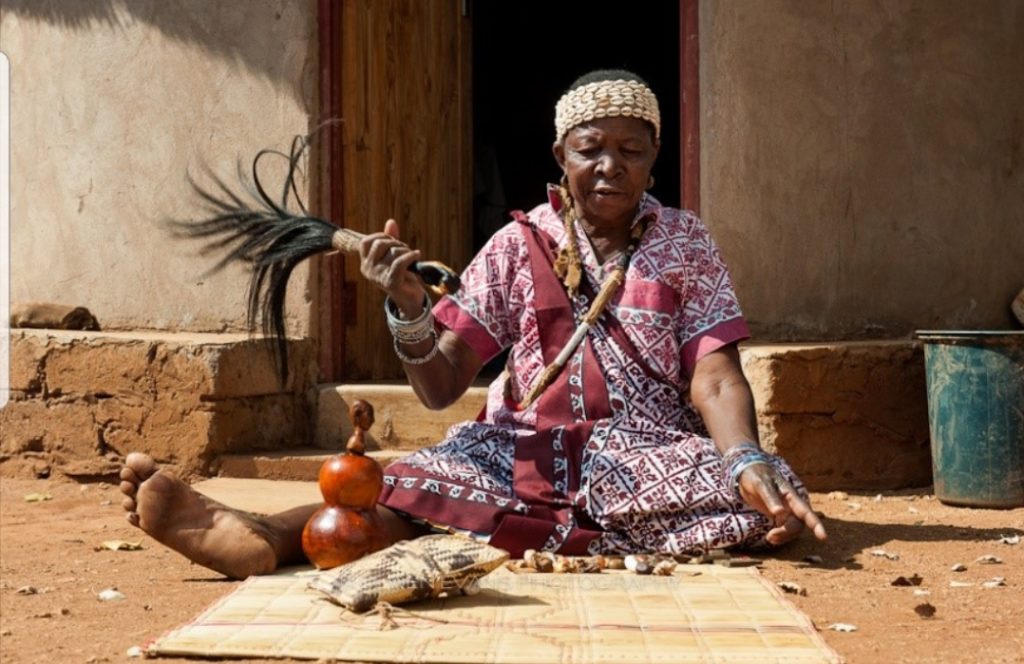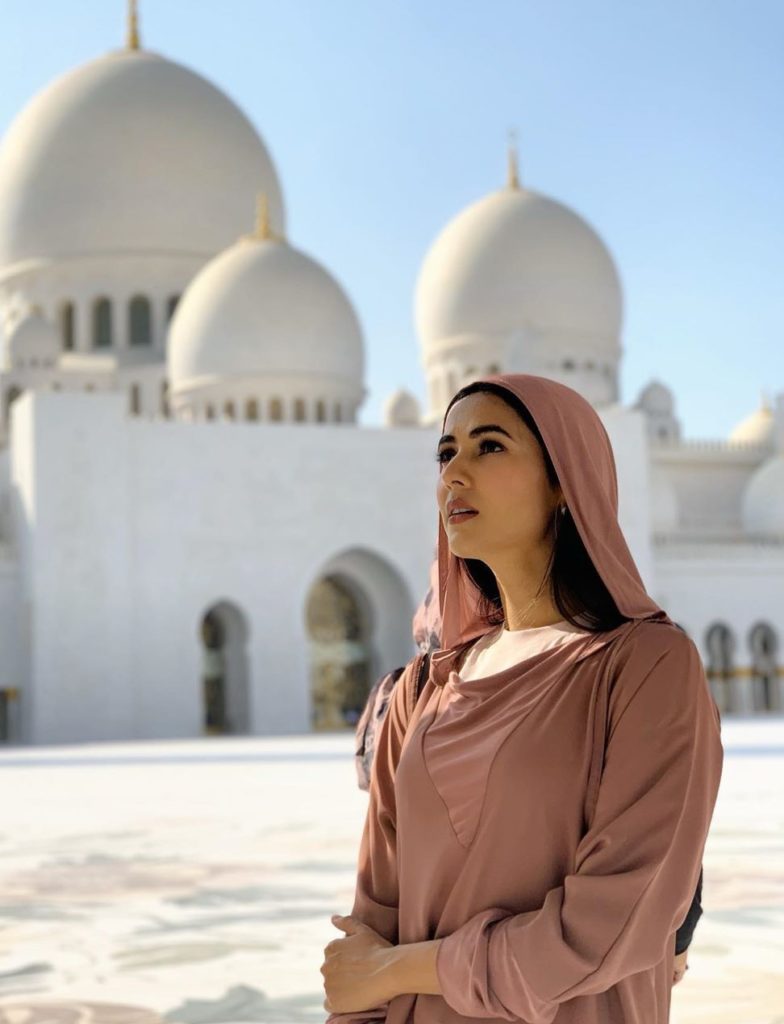
Religion makes and unmake women, just as women have suffered from the various aspects of society, religion has contributed to put them in marginal situations though they contribute numbers and ither resources to the the growth abd sustainability of religious denominations. Religion can be used by individuals, grouos and societies in a variety of ways, it can serve to oppress or liberate, to comfort or to kill. It is an extremely powerful resource which has been intimately involved in the construction of the world. As a cardinal force which binds race ahd religious groups together, religion equips people with the sense of Identity by providing a code of life, governing all aspects of life and determining convictions of it’s followers.
Influenced by culture and traditions, the provisions of various holy books and scriptures has given a lot of regulations that do not work in favor of women. This has affected the perception and treatment of women not only in the religious organizations but the larger society as well.
For a long time in life, women have been the staunchest supporters of religion but have been held captive by sexist ideologies. Support for using inclusive language in worship when referring to humans has increased somewhat in the last few decades but fewer people are comfortable with inclusive language referring to God. From the interpretation of various religious scriptures, women have been told to endure being beaten, cheated on, being marginalized in several ways, there by eroding their self esteem. Women in the church for instance are not too often empowered but enslaved to certain ideologies and traditions which have kept them bound. Wonen are seen passive recipients of brainwashing. Religious institutions and traditions are mainly men’s territory, thus women are kept behind the veil in the oriental world.
Jewish for instance did not regard women as neccessary but merely as helpers to men. Jewish has a rigid masculine concept of God who was the ‘God of Abraham, God of Isaac, God of Jacob” but not the “God of Sarah, Rebecca or Rachael”. To St. Paul, it was a taboo for women to speak in the church. She was to ask her husband at home if there was anything thst she wanted to know. In Islam, women could only lead prayers for a congregation of women. And in the mosque, women are not to stand in the same row witg men but separately behind the rows of men. Religion has done a good job of teaching women that the man is the head of the house and that any good Christian woman will take what jer man gives out and keep her mouth shut.
In the name of religion, there are practices where female children between 6 to 8 years are forced to become the “Maidens of God”. Once dedicated, they become unable to get married, and are sometimes raped by temple priests and dominant caste men. For most religions, the underlying message is that women were created for one reason: to make babies and to do the bidding of her husband. Thstca wife’s primary function is to satisfy ger husband sexual needs and bear him children.

Leadership of most religious organizations has been for hundreds of years dominated by men. However, it gas has always been known if not acknowledged, that much religious work as well as support of the institution of church has been done by women. Only within recent decades have women been admitted into the leadership roles such as priesthood of many religions. In others, their access to clergy and other leadership roles is still a topic of debate.
In the African traditional religions, women are duly respected and recognized to feature prominently. There are some perceptions and practices which do not work in their favor and as such marginalizes them in the entire traditional society. There are apparent prejudices shown to women in religion by virtue of their sex. Though they are not regarded as producers of life, they are also seen as spiritual sources of danger maybe as an influence by the story of Adam and Eve.

The ritually dangerous nature of women is expressed in notions about the polluting nature of blood, especially the blood of menstruation and childbirth. It is such notions of pollution which underlie rituals intended to separate women in their menstruation or those who has just given birth to be unclean from contact with others to prevent spiritual pollution. As such women in their menstruation or those who have not reached menopause are often prevented from entering shrines, sleep with their husbands, cook for their husbands, performing some rituals or in the real traditional sense from reside in certain parts of the house. Sex with women in her menstrual period is strictly forbidden, these practices in other words ‘taboos’ are all for spiritual purposes to prevent ‘uncleanliness’ (holiness).
There are biblical writings and interpretations that place women in an inferior situation or as subordinates to men. The dominant form of Christianity enforced that families in which men as husbands and fathers ruked overvtheir wives and children were partcof the divinely created and mandated order for society. In the view of this, efforts to give autonomy or equal rights were considered to constitute a rebellion against the word of God. The damaging impact such doctrines have had on women can not be downplayed. Concerning domestic abuse, wives have been expected to demonstrate their obedience to God through silent and prayerful suffering, attempting to change their husbands by leading an exemplary godly life.
In the creation story, it is portrayed that women are created equal to men. In the first story (Genesis 1: 1–26:27) man and woman, who are not given names in this story, are created simultaneously, and both are made in the image of God and given dominion over the earth. In the second story (Genesis 2:7-24) Adam, the male, is created first, followed by the creation of the animals. Eve, the woman, is created last from the rib of Adam, because no suitable helper for Adam could be found among the animals. It is clear from the first story that since men and women are both made in God’s image and were created simultaneously they are equal. Meanwhile in the second story the woman appears to derive her existence from man, created for him and to be dependent on him. The creation of woman as the final act of creation does not mean that she is secondary or subordinate to man. Again, the woman being made from the man’s rib does not indicate that she has no
existence apart from him. Rather, the man in declaring that woman is bone of my bones, flesh of my flesh” (Gen. 2:23) indicates that they are both made of the same substance and thus are in their essence the same.
In the Islamic religion, The religious practices of women and men were basically the same in the first centuries. Both men and women were given religious education, they participated in the daily prayer at the Mosques and led in worship.
After the death of the Prophet Muhammad, women’s status in the religious institutions and the broader Islamic culture declined as a
solidation of religious power into male hands. This was because the religion spread to areas which were more rigidly patriarchal then the Arabian Peninsula where the religion originally emerged from.
Muslim women have since become a narginalized group who are subject to the harsh effects of multiple layers of oppression including gender, ethnic, race, class and spiritual oppressions. The woman and girls are not safe from violence and exploitation. Most poor Muslim women often face the brutality of a male-dominated society. Many pressures are put on Muslim women from culture, religion and patriarchy. According to old Muslim values, it is the female who bears the family decency and the males are to defend it at any cost. In simple words, it is the woman or girl who must pay with her life for any dishonor that befalls her family and society due to her actions. In most Arab societies, women are solely responsible for the protection of their virginity, the loss of her most precious asset in incidents, other than in proper marriage, would inevitably lead to death. These conservative religious teachings are results of personal radical ambitions and age-old beliefs of depriving the feminine society. As a result, marriage is very prominent for women in Islam. They are even coerced to marry kins. The combination of an insular community, the accepted practice of wife beating as a symbolic gesture and the very high importance put upon marriage by Islam creates a difficult situation for many Muslim women.

Therefore, since today nearly two-thirds of the world’s population identify themselves with one of the major religious traditions discussed, it is important to know that religious voices do have something decisive to contribute to the efforts to develop equitable social structures.
Moreover, since the empowerment of women in all spheres of life is necessary to address development issues, the female and mostly male religious voices have something constructive to add to the discussions about issues of gender equality.
